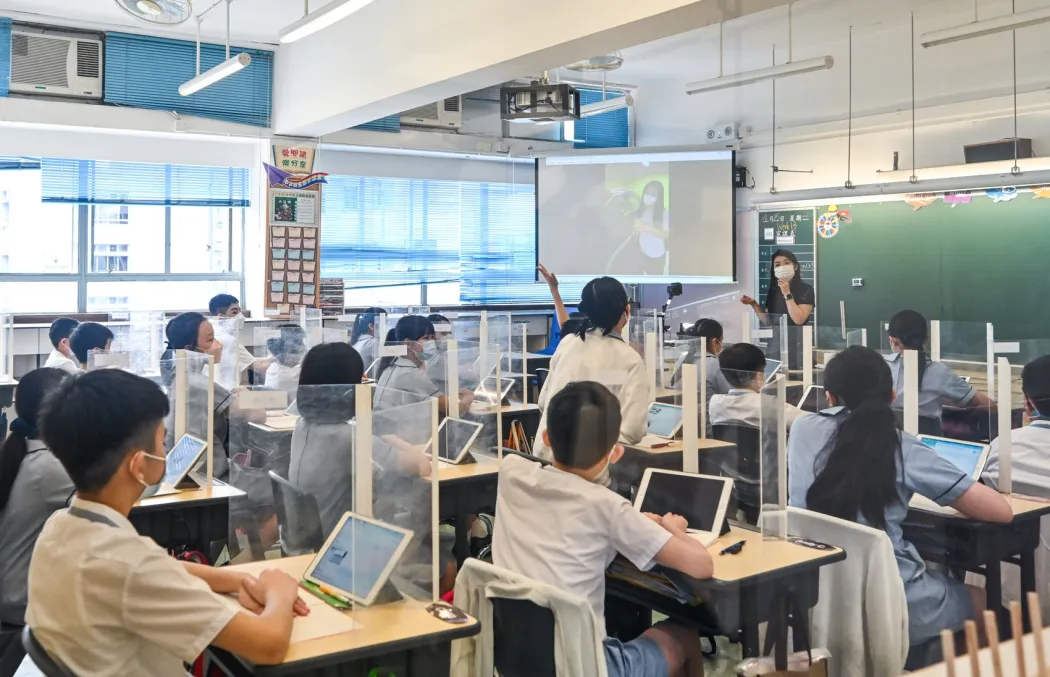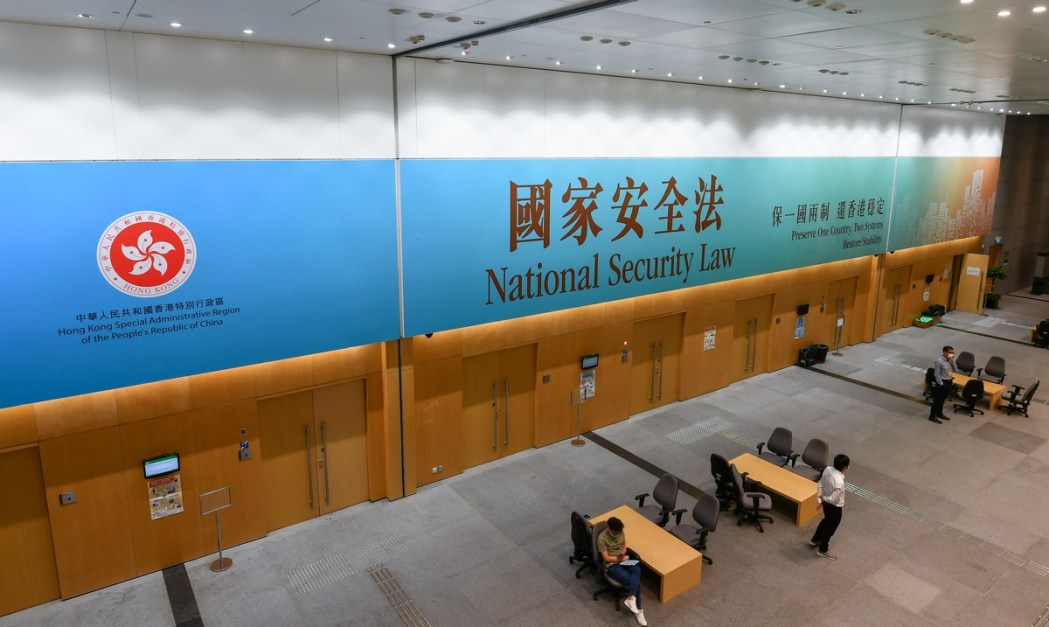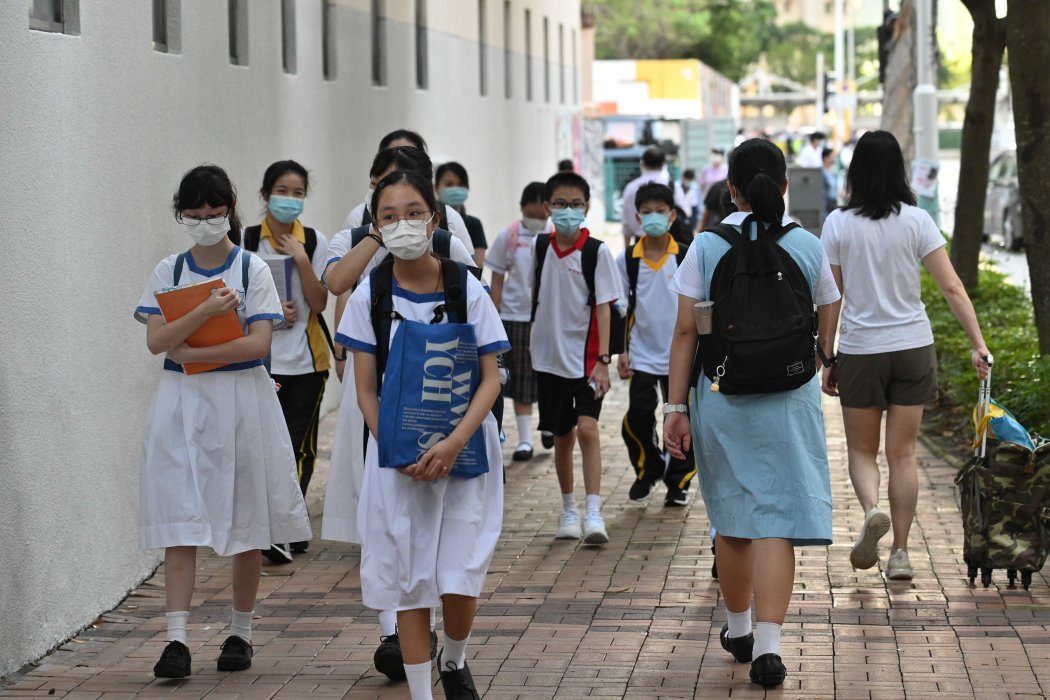Hong Kong’s Education Bureau has overhauled its list of attributes for aspiring school principals to include possessing a “sense of national identity” and safeguarding the “dignity of the education profession.”

The circular, published on Tuesday, also saw the redaction of some attributes – among them possessing “political astuteness,” determination to “protect the best interest of school members” and “resourcefulness and decisiveness” when working with a team.
The list of desired qualities is part of the Education Bureau’s “preparation for principalship course,” which aspiring school principals must take in order to work at most local schools. The course “helps aspiring principals understand the values, knowledge, skills and attributes required of school principals,” according to the Bureau.
The last time the list of attributes was updated was in February 2019.
The bureau’s changes follow other revamps in the education sector after Beijing’s implementation of the national security law almost three years ago. Since then, authorities have introduced mandatory national security law courses at universities, replaced the liberal studies subject with one emphasising content about mainland China, and reportedly removed books on topics such as the 1989 Tiananmen crackdown.

In June 2020, Beijing inserted national security legislation directly into Hong Kong’s mini-constitution – bypassing the local legislature – following a year of pro-democracy protests and unrest. While activists say it has been used to crack down on civil society groups and stifle opposition voices, the government maintains that it has restored stability to the city.
With the changes, the requirement to “have a sense of national identity and social responsibility, as well as honouring the rule of law” is now the first on the list.
“Respect the privacy of individuals” and “be committed to and responsible for achieving the goals of education and school policies” have also been added.
Attributes calling for a “global and futuristic mindset,” respect for student diversity and a “growth mindset” remain unchanged.

In response to HKFP, the Education Bureau said that principals must carry the “important responsibility” of leading teachers to promote national education.
“To accommodate societal developments and the newest education trends, the Education Bureau will update the framework of the ‘preparation for principalship’ course when necessary to help aspiring principals move with the times,” the bureau wrote.
‘Local and global developments’ axed
Apart from changing the attributes required of aspiring school principals, the Education Bureau also updated its list of expected “professional knowledge.”
Aspiring principals will now need to possess knowledge on “civic education, national education, constitution, Basic Law education and national security education,” as well as “the latest development of the country.”
“Local and global developments” was replaced by “trends in local, national and international education development.”

The rest of the list, which included items such as trends in education, curriculum design and financial management, remained the same.
The chair of pro-establishment group Education Convergence, Choy Sai-hung, said he believed the changes were in line with guidelines aimed at ensuring professional conduct by teachers, Ming Pao reported.
Support HKFP | Policies & Ethics | Error/typo? | Contact Us | Newsletter | Transparency & Annual Report | Apps
Help safeguard press freedom & keep HKFP free for all readers by supporting our team
























